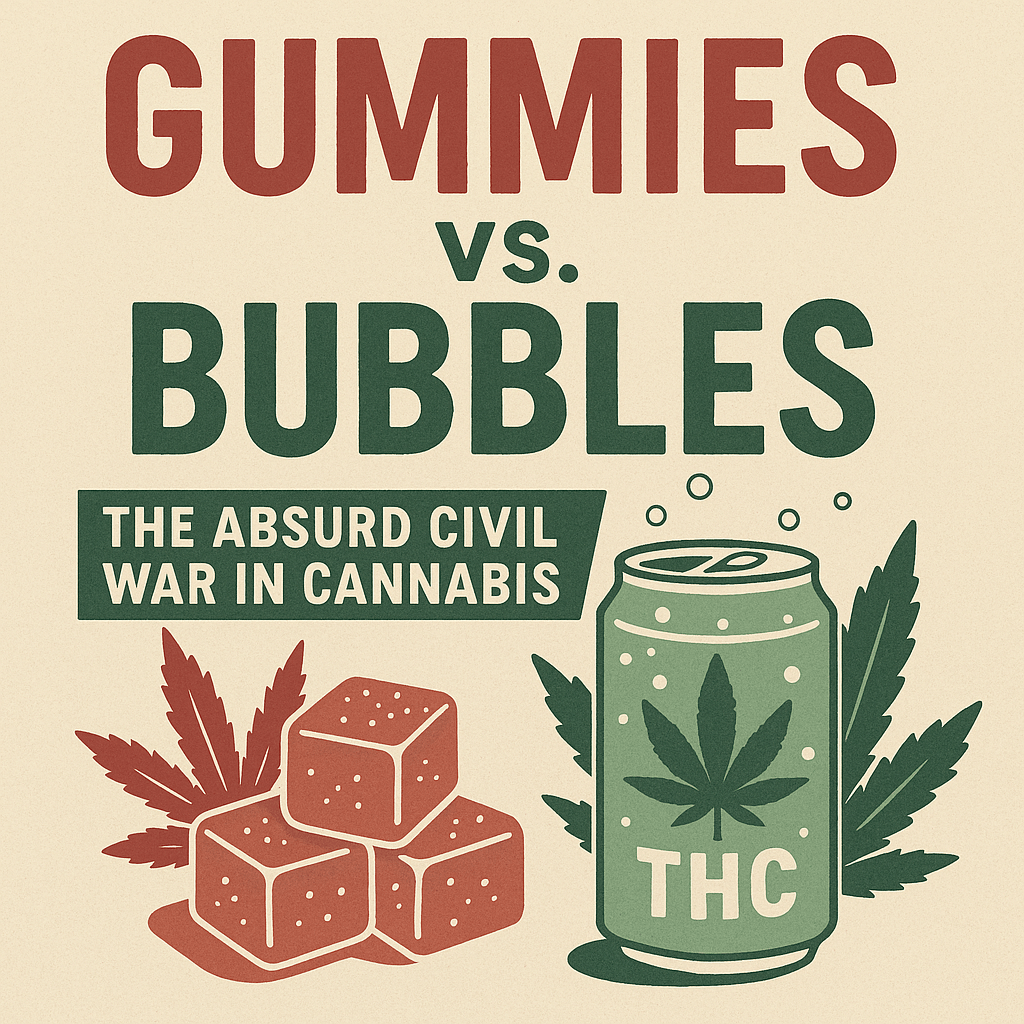Tennessee’s newly passed House Bill 1376 (HB1376) aims to regulate the sale of hemp-derived cannabinoid products (HDCPs) within its borders—but we believe it may have gone too far. While the law sets up a clear framework for compliance, its restrictions on out-of-state companies raise serious constitutional concerns.
In this article, we break down the bill, explain what it means for out-of-state hemp brands, and explain why we believe it may violate the U.S. Constitution’s Commerce Clause.
Out-of-State Sales: Yes, But Under Strict Control
On paper, Tennessee allows out-of-state companies to sell HDCPs. But the process is complex and restrictive:
-
Out-of-state brands must apply for a supplier license with the Tennessee Alcoholic Beverage Commission (ABC).
-
They must adhere to Tennessee’s testing, labeling, and packaging requirements.
-
They must submit to background checks and allow Tennessee regulators to inspect operations.
And here’s where the issues begin.
No Direct Shipping: A Constitutional Red Flag?
Under HB1376:
-
Suppliers cannot ship directly to Tennessee retailers
-
No products can be shipped directly to consumers
-
All sales must happen face-to-face, within licensed Tennessee retail locations
These provisions are not just inconvenient—they may be unconstitutional.
The Commerce Clause: Protecting Fair Trade Between States
The U.S. Constitution’s Commerce Clause prohibits individual states from enacting laws that interfere with interstate commerce or favor in-state businesses over out-of-state competitors.
HB1376 appears to do exactly that:
-
It imposes burdensome licensing and compliance requirements on out-of-state suppliers.
-
It blocks efficient market entry by prohibiting direct sales to Tennessee businesses and consumers.
-
It creates a system that privileges Tennessee-based wholesalers and retailers, effectively forcing out-of-state companies to funnel their products through state-approved middlemen.
In our opinion, these provisions could constitute a clear violation of the Dormant Commerce Clause doctrine, which bars states from passing legislation that discriminates against or unduly burdens interstate commerce.
Licensing & Taxation Snapshot
| License Type | Application Fee | Annual License Fee |
|---|---|---|
| Retailer | $500 | $1,000 per location |
| Supplier (out-of-state) | $500 | $2,500 per location |
| Wholesaler | $500 | $5,000 per warehouse location |
In addition, there’s a one cent per milligram wholesale tax on cannabinoids—a tax that must be paid before any retail transaction, further complicating cross-border commerce.
What About Product Requirements?
Out-of-state or not, all HDCPs sold in Tennessee must:
-
Contain less than 0.3% total THC
-
Contain less than 0.1% THCa
-
Be free of synthetic cannabinoids
-
Be packaged in child-resistant containers
-
Be labeled with QR codes for COAs, ingredient lists, and warnings
While product safety is a valid concern, the enforcement of these standards should not infringe upon federal protections for fair interstate trade.
Effective January 1, 2026
Tennessee’s law goes into full effect on January 1, 2026. If unchanged, the implementation could lead to legal challenges from affected brands, especially those operating across multiple states.
Our Take: Legal Battle on the Horizon?
We support safe, regulated access to hemp products—but we believe HB1376’s restrictions on shipping and interstate sales are unconstitutional and pose a dangerous precedent for the hemp and cannabinoid industry.
-
It blocks fair market entry.
-
It disproportionately burdens out-of-state players.
-
And it may not hold up under legal scrutiny.
As industry stakeholders, we urge Tennessee lawmakers to revisit this bill—or prepare for possible litigation.
Legal Disclaimer
This blog post is provided for informational purposes only and does not constitute legal advice. Laws and regulations related to hemp and cannabis are subject to change and vary by jurisdiction. If you have questions about how this law may impact your business, consult with a licensed attorney who specializes in hemp or cannabis law. No attorney-client relationship is created by reading or interacting with this content.








































